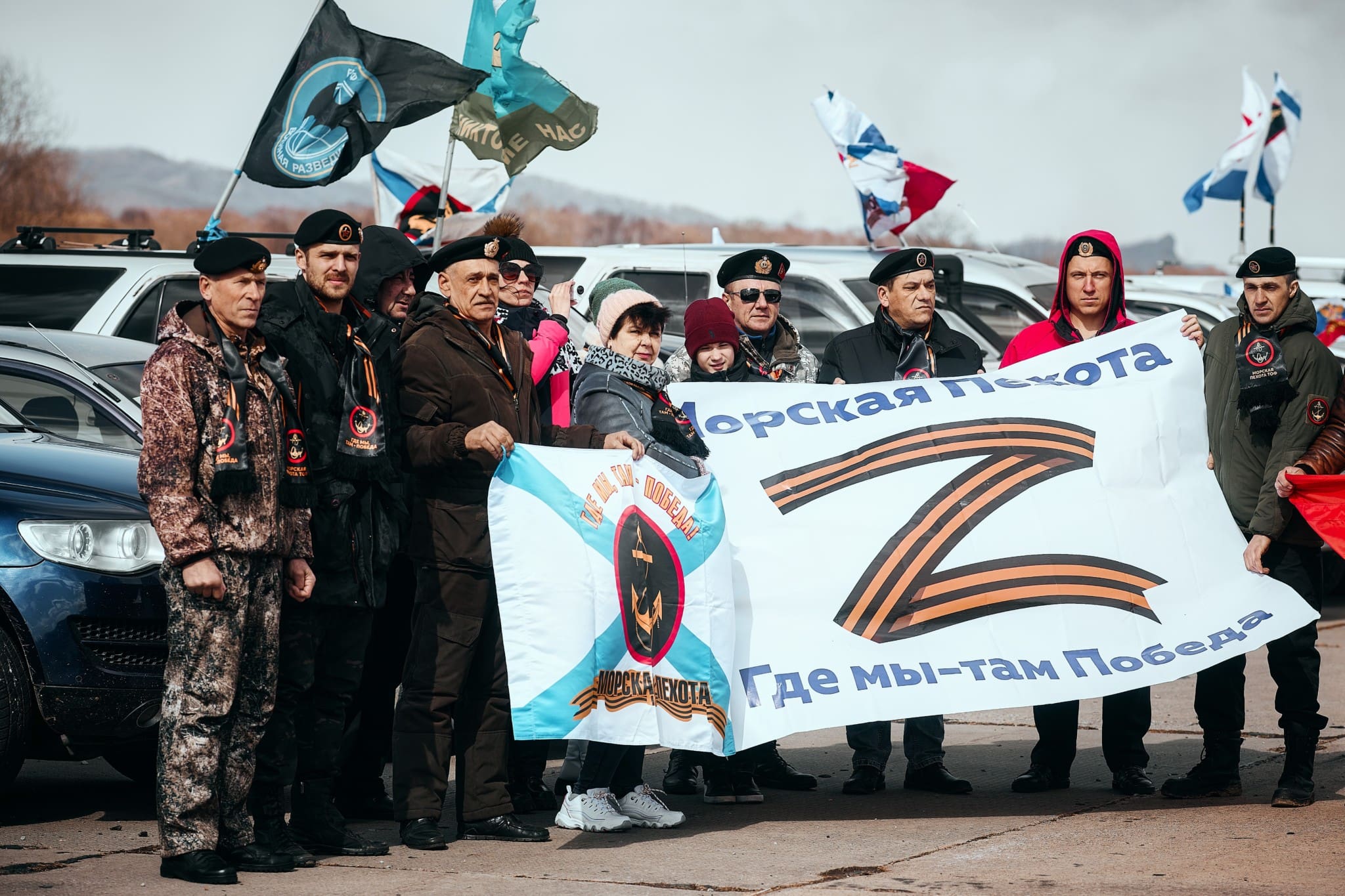Czech authorities are to receive guidance from the country’s interior ministry on how to police the displaying of the “Z” insignia, a symbol that has become synonymous with support for the Russian invasion of Ukraine.
National news outlet Neovlivní.cz has reported that Czech authorities are currently investigating dozens of cases where the insignia has been prominently displayed or promoted by individuals who side with Russia following its ongoing war in neighboring Ukraine.
“Lawyers are now dealing with this matter together with experts from the anti-extremist unit,” a highly-trusted source told the new site. “They are inclined to view this in the same way as the swastika. That is, as the promotion and support of the movement to suppress freedoms,” the source added.
[pp id=30446]
As this symbol is new and unofficial, lawyers of the Czech interior ministry believe it will not be easy to prove the display of the insignia constitutes an offense under current Czech law.
The news site explained that the ministry is keen to express its clear opposition to the Russian aggression in Ukraine, and prove to Czech residents in no uncertain terms that support of the Russian invasion will not be tolerated.
“Our legal system does not contain a list of prohibited symbols, and the context is always important. The authorities do not prosecute the use of symbols or letters, but specific actions and intentions,” said Hana Malá, a spokesperson for the interior ministry.
In Russia, many people have begun to show support for Russian forces by using the letter Z, which they display, for example, on their cars, houses, and clothes. The letter Z is depicted on Russian tanks and other military equipment deployed in Ukraine.
Some interpret it as an acronym for “za pobedu” (for victory) or the word “Zapad” (West). The Russian Ministry of Defense confirmed the first version. In Russia, the slogan also appears in public places, often in combination with a black-and-orange St. George’s military ribbon. Especially after the occupation of part of Ukraine in 2014, the ribbon was used as a symbol of belonging to Russia. To Ukraine, on the other hand, it is a symbol of Russian militarism and expansionary politics.
Last week, the Prosecutor General’s Office warned that supporting or justifying the Russian invasion was a criminal offense. Individuals who deny, question, approve and/or justify genocide face up to three years in prison.
The Czech police are already investigating dozens of people for alleged Russian support, including Senator Jaroslav Doubrava, former Communist MP Zdeněk Ondráček, and former SPD (Freedom and Direct Democracy) MP Lubomír Volný.






